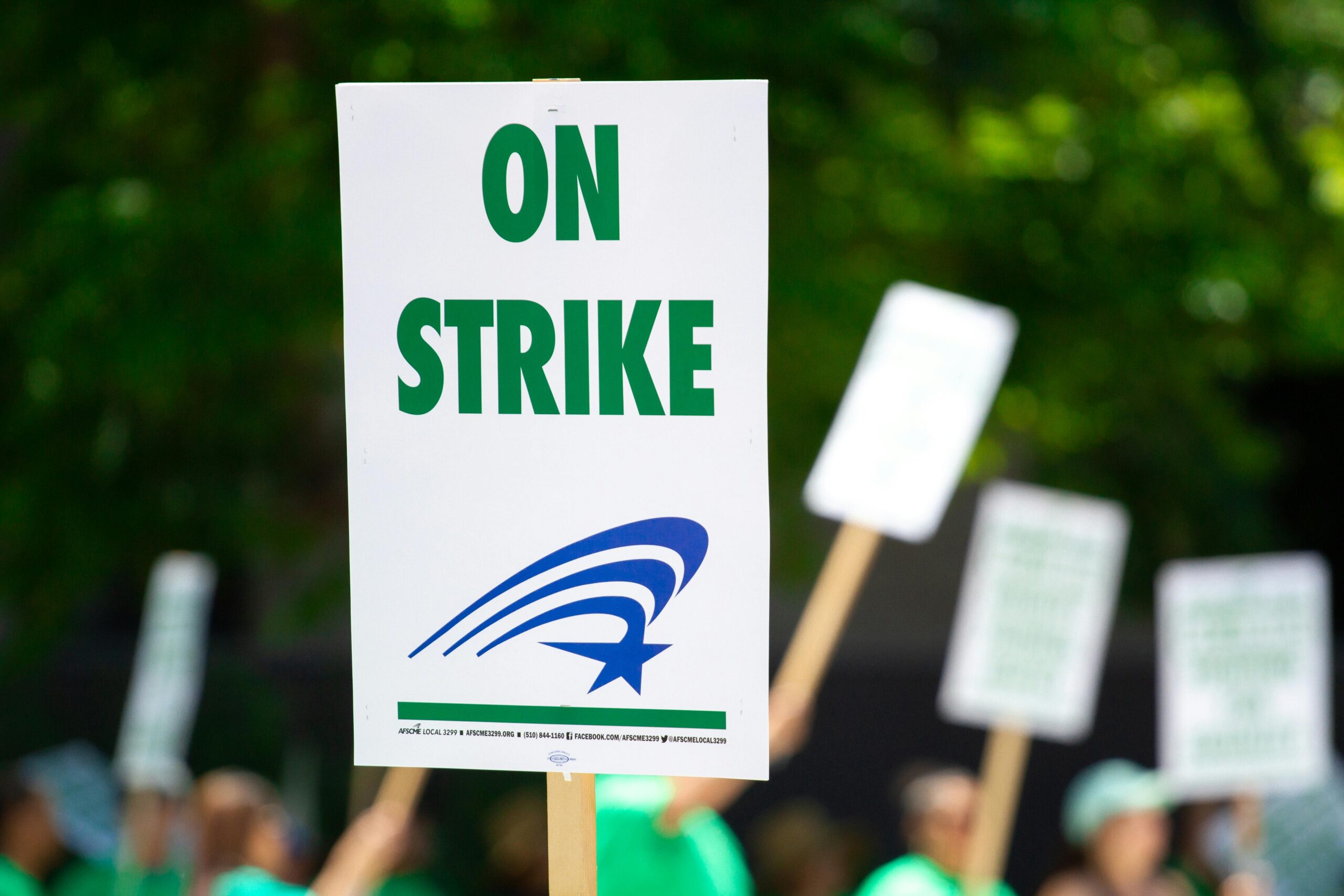
The Ripple Effect of the Amazon Strike on the Job Market
Amazon, one of the world’s largest employers, has recently faced a coordinated strike effort as drivers and warehouse workers across multiple U.S. locations pressed the retail giant to recognize their unions. This unprecedented move, organized by the Teamsters union, marks a pivotal moment not just for Amazon but for the broader labor landscape. As the strike continues, its implications for the job market are profound.
Understanding the Amazon Strike
The strike, described by the Teamsters as the “largest strike against Amazon in U.S. history,” has been a bold effort to push for better pay, benefits, workplace safety, and union recognition. Workers at major delivery hubs in cities like New York, Atlanta, Chicago, Los Angeles, and San Francisco have joined the picket lines. Despite Amazon’s claim that operations remain unaffected, the strikes symbolize growing unrest in the labor force.
Implications for the Job Market
- Strengthened Labor Movements
- The strike has emboldened workers in other industries to demand better working conditions and fair compensation. It highlights a resurgence of union activities and collective bargaining.
- Increased Scrutiny of Workplace Practices
- Allegations of unfair labor practices and workplace safety concerns at Amazon have drawn attention to the need for better standards across industries. Companies may now face pressure to improve transparency and prioritize worker well-being.
- Debate Over Automation
- As Amazon heavily relies on automation, the strike has sparked discussions about the balance between technology and job security. Workers fear being replaced, emphasizing the need for policies that ensure fair treatment amidst technological advancements.
- Potential Supply Chain Disruptions
- While Amazon has maintained that customer orders are unaffected, the strike underscores the vulnerability of supply chains to labor unrest. Businesses may look to diversify logistics strategies to mitigate such risks.
Lessons for Job Seekers and Employers
- For Job Seekers:
- This strike serves as a reminder to evaluate potential employers based on their treatment of workers. Job seekers should prioritize companies with strong employee welfare programs and fair labor practices.
- For Employers:
- The importance of addressing employee concerns cannot be overstated. By fostering a culture of respect and offering competitive benefits, employers can build trust and loyalty among their workforce.
How CreativeProfz Can Help
At CreativeProfz, we stay ahead of industry trends to empower job seekers in an evolving market. Whether you’re looking to transition to a more ethical workplace or secure a role that values employee rights, we can craft a compelling, tailored resume that highlights your skills and aligns with your values. Let us help you stand out in a competitive landscape.
Conclusion
The Amazon strike has brought critical labor issues to the forefront, serving as a wake-up call for both employees and employers. It underscores the growing demand for fair treatment, better working conditions, and the balance between automation and job security. As the job market continues to evolve, staying informed and prepared is crucial for success. The lessons from this strike could shape the future of work in profound ways.
